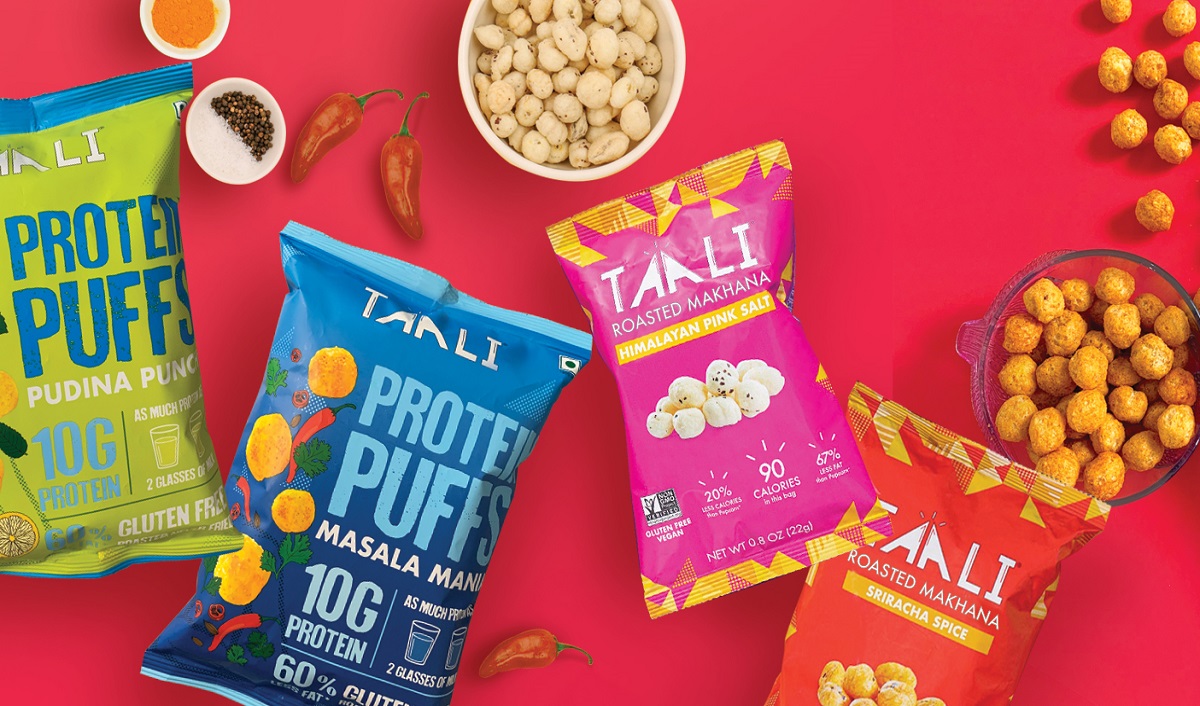The yearning of urban residents for food products of superior quality 2023

The yearning of urban residents for food products of superior quality 2023
In today’s rapidly evolving consumer landscape, urban consumers have become a focal point for many food companies.
Urbanization has brought about significant changes in lifestyle, dietary preferences, and purchasing power, creating a lucrative market for premium food products.
As a result, an increasing number of food firms are venturing into premium categories to cater to the discerning tastes of urban consumers.

Several of the major food companies in the nation are branching out into more creative and sophisticated cuisine categories in an attempt to satisfy the needs of urban consumers. When compared to rural demand, urban demand has remained mostly stable at the moment this is happening.
Consumers’ growing awareness of health issues, especially in cities, has fueled the trend as individuals search for better eating and living choices.
Indeed, under its NutriChoice brand, Britannia offers a variety of digestive biscuits, high-fibre cookies, sugar-free cream biscuits, and more. Still, industry analysts noted that the company’s push into new markets is a result of its desire to experiment with different food categories.
For example, the business started a joint venture with French cheese manufacturer Bel SA last year. The business has previously partnered with companies (such the Greek company Chipita SA) for product categories like croissants, etc.
Eventually, under the Better Snack Co. brand, the Bengaluru-based company ventured into the realm of healthy snack mixes and baked snacks, taking on competitors like True Elements, Soulful (currently owned by Tata Consumer Products).
The Whole Truth, Happilo, and ITC, which is placing a significant wager on millet-based snacking products. To strengthen its line of healthy foods that are focused on nutrition, ITC has recently purchased brands like Yoga Bar. In India, businesses like Kellogg’s, Nestle, and PepsiCo have mostly experimented with healthier options for their morning portfolios (such cereals).

Urbanization has transformed the way people live and eat. Cities around the world are teeming with consumers who seek convenience, quality, and uniqueness in their food choices.With busy schedules and disposable income, urban dwellers are willing to spend more on food that meets their specific desires.
This has given rise to a growing demand for premium food products, which often offer superior taste, quality, and packaging.

Reasons for Foraying into Premium Categories
- Evolving Consumer Preferences:
Urban consumers are increasingly health-conscious and mindful of what they eat. They are willing to pay a premium for food products that are perceived as healthier, organic, or ethically sourced. Food companies recognize this shift and are responding by developing premium options that cater to these preferences.
- Margin Expansion:
Premium food products typically command higher profit margins than standard or generic offerings. This makes them an attractive proposition for food companies looking to boost their profitability. By foraying into premium categories, these firms can capitalize on the willingness of urban consumers to pay more for perceived quality.
- Brand Differentiation:
Introducing premium product lines allows food companies to stand out in a crowded marketplace. These products often come with unique branding, packaging, and marketing strategies that set them apart from competitors. This differentiation can help companies capture the attention and loyalty of urban consumers.
- Innovation and Experimentation:
Venturing into premium categories allows food firms to experiment with new ingredients, flavors, and product formats. This innovation can have a ripple effect, influencing the broader food industry and inspiring other companies to push the boundaries of what is possible in food production.

Strategies Employed by Food Companies
- Product Development:
Food companies invest in research and development to create premium products that meet the specific preferences of urban consumers. This may involve using high-quality ingredients, enhancing flavors, or developing innovative packaging that adds to the perceived value of the product.
- Marketing and Branding:
Effective marketing is crucial in promoting premium food products. Companies often employ sophisticated branding strategies, emphasizing factors such as exclusivity, sustainability, and health benefits. Celebrity endorsements and partnerships with influencers are common tactics to create buzz around these products.
- Distribution Channels:
Food companies focus on strategic distribution channels to ensure that premium products reach the right target audience. They may collaborate with upscale supermarkets, specialty stores, or even launch exclusive online stores to control the consumer experience.
- Pricing Strategies:
Pricing premium products can be a delicate balancing act. Food firms must strike a balance between setting a price that reflects the product’s quality and perceived value while still making it accessible to their target audience.

Urban consumers benefit from a wider array of premium food products, allowing them to explore and enjoy unique flavors and options that may not have been readily available in the past.
The emphasis on premium categories encourages food companies to improve the overall quality of their products, benefiting consumers who now have access to higher-quality food options.
Premium products often come with higher price tags, which can be a drawback for consumers on a tight budget. However, some argue that the increased quality justifies the expense.
Many premium food products are marketed as healthier choices, which aligns with the health-consciousness of urban consumers. This can lead to improved dietary choices and overall well-being.

The foray into premium categories has intensified competition within the food industry. Companies are continually innovating to outshine their rivals, driving overall industry growth.
Premium food segments present significant growth opportunities for food companies. They can tap into previously unexplored markets and demographics, further diversifying their revenue streams.
The premiumization trend is reshaping the food industry, encouraging a shift towards higher quality and more sustainable practices. This can lead to a more environmentally friendly and health-conscious food sector.
The food industry’s foray into premium categories is a reflection of the evolving preferences and purchasing power of urban consumers.
Companies are adapting to meet the demands of this discerning market by developing high-quality, innovative, and often healthier food products.

This trend not only benefits consumers by offering them greater choice and improved quality but also drives growth and evolution within the food industry.
As urbanization continues to shape our world, the premiumization of food products is likely to remain a prominent feature of the global food market for years to come.



